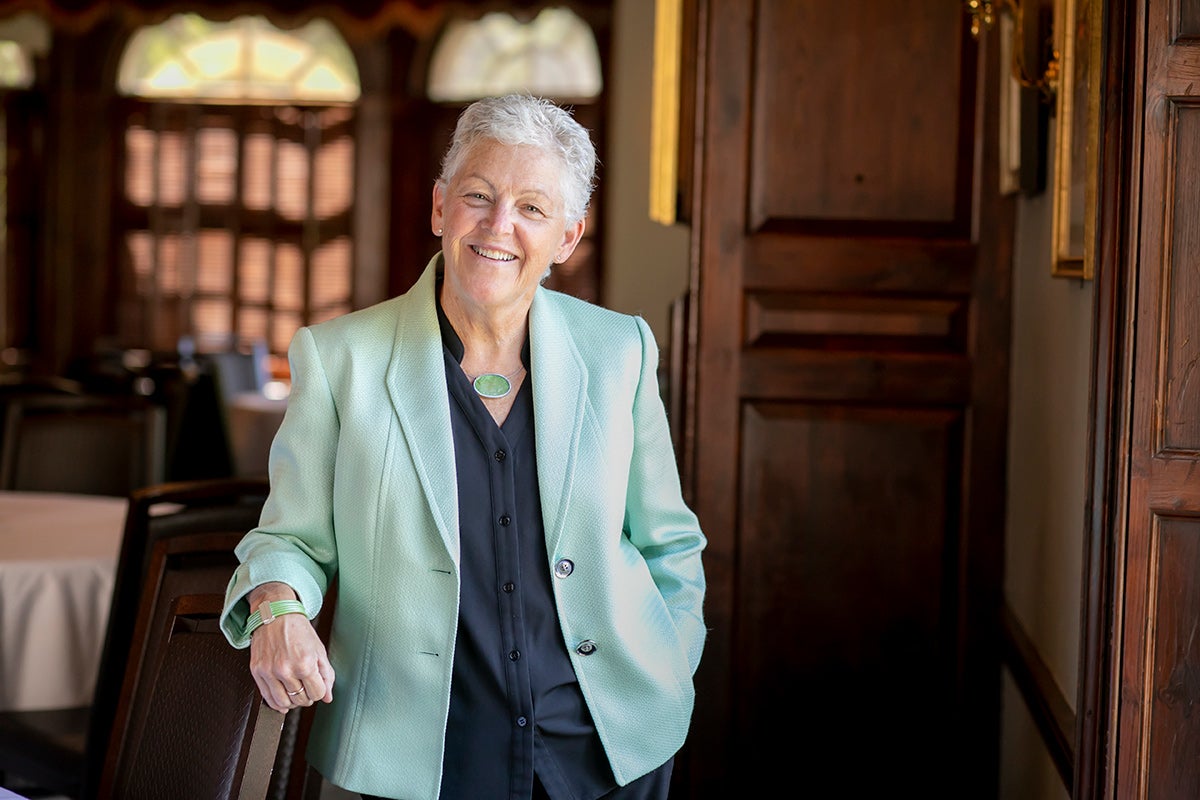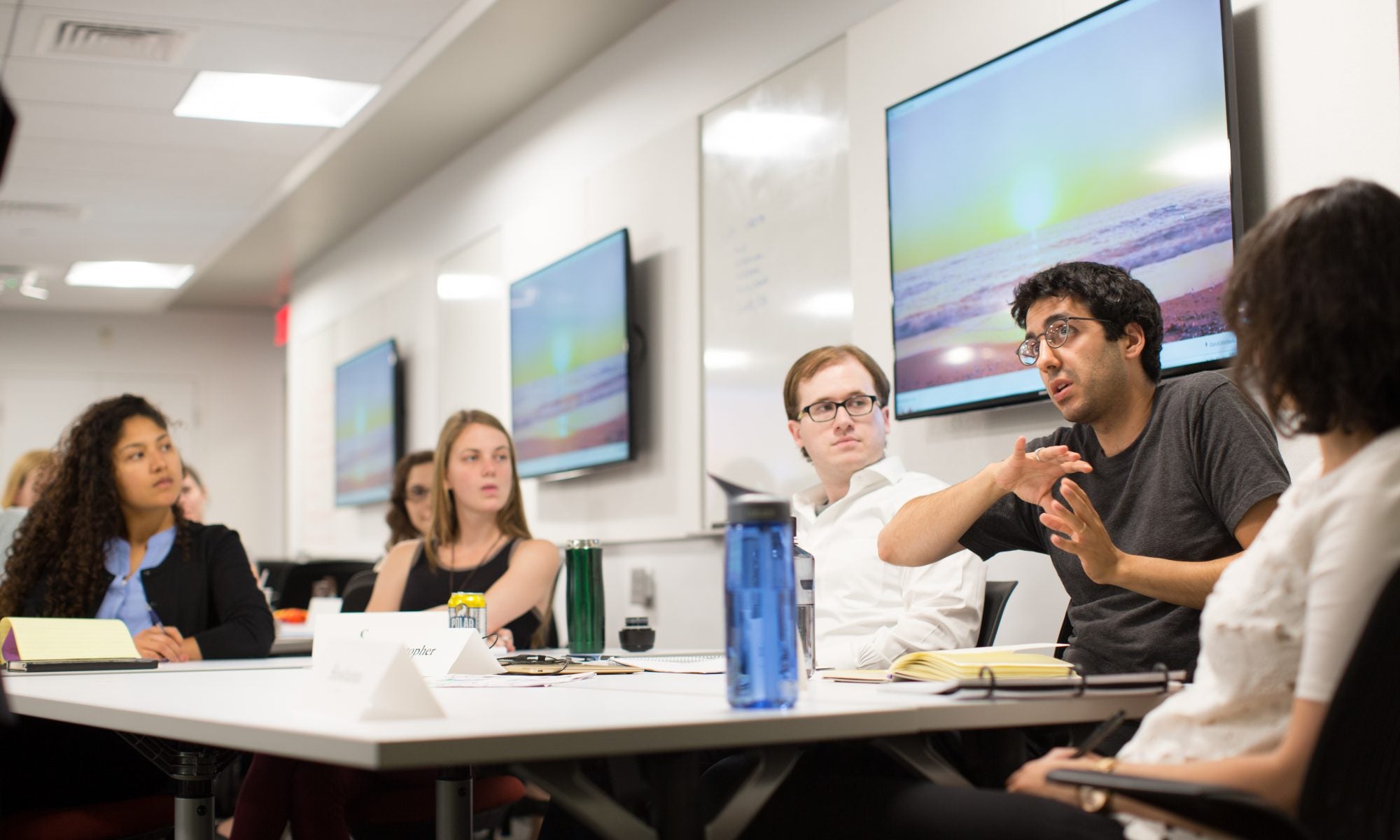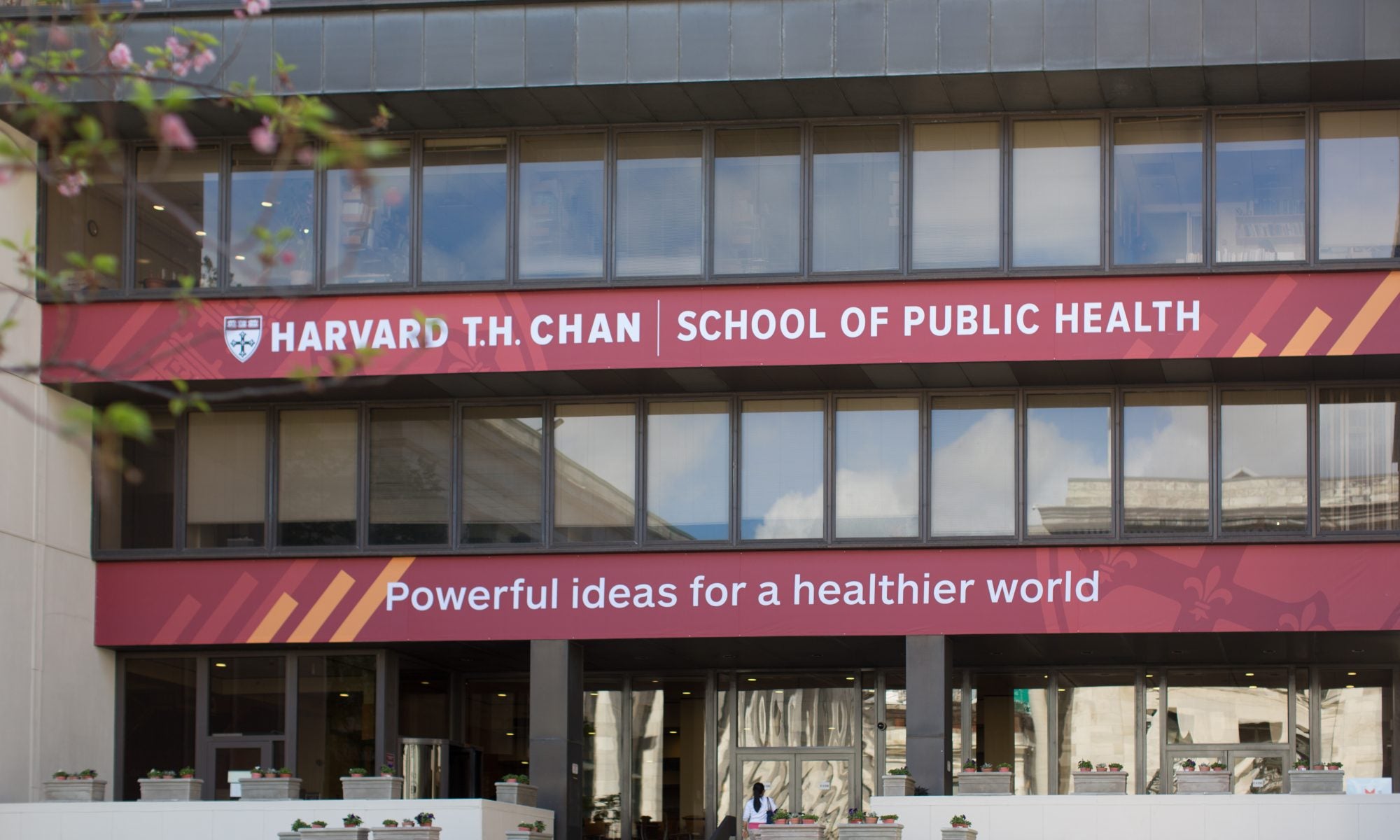 A gift from François-Xavier Bagnoud (FXB) USA will support a key administrative post at Harvard School of Public Health to help establish field practice placements for highly motivated HSPH students to work in some of the world’s poorest regions. This gift is on behalf of Albina du Boisrouvray, Founder of the FXB Foundation which established the François-Xavier Bagnoud (FXB) Center for Health and Human Rights in 1993, the first academic center in the world to focus exclusively on the practical dynamic between issues of health and human rights.
A gift from François-Xavier Bagnoud (FXB) USA will support a key administrative post at Harvard School of Public Health to help establish field practice placements for highly motivated HSPH students to work in some of the world’s poorest regions. This gift is on behalf of Albina du Boisrouvray, Founder of the FXB Foundation which established the François-Xavier Bagnoud (FXB) Center for Health and Human Rights in 1993, the first academic center in the world to focus exclusively on the practical dynamic between issues of health and human rights.
The student placements will be at field sites of the Association FXB International, a non-governmental organization also founded by Albina du Boisrouvray – that has worked at the grassroots level to develop sustainable and community-based solutions to eradicate extreme poverty and AIDS, with a special focus on children and women.
“The creation of the FXB International Liaison Officer role underscores the School’s commitment to a chief pillar of public health—improving and protecting the health of the vulnerable, particularly the underserved—as well as to enhancing the student experience,” said Jennifer Leaning, François-Xavier Bagnoud Professor of the Practice of Health and Human Rights and Director of the FXB Center. “This generous gift from our Founder Albina du Boisrouvray, will play a critical role in broadening student engagement overseas and advancing the HSPH mission.”
By facilitating the placement of students and fellows in FXB International sites across the world, the new liaison officer will effectively leverage the myriad skills and talents of the HSPH community, while also providing the HSPH cohort with the opportunity to make a measurable impact on families living in resource-poor areas. Through a rigorous screening process, HSPH students and fellows will be matched with FXB International field sites that reflect their interests and would most benefit from their presence. They will then travel to these sites over their winter or summer breaks to work on evaluation or assessment projects relating to interventions that aim to improve health, education, and livelihoods. The new liaison officer will also work with students before they travel so they can hit the ground running on arrival, assuring that their projects are do-able and relevant both to the host community and their own interests.
“This initiative,” said Albina du Boisrouvray, “will build on the legacy of the FXBVillage – a pioneering holistic 3 year-program to eradicate extreme poverty we run since 1991 and the ongoing work of this program worldwide. To date, 150 FXBVillage across 8 countries helped to lift thousands of children and their families out of extreme poverty. We look forward to grooming a generation of health specialists who have first-hand knowledge of the inextricably linked challenges of poverty, lack of rights, poor health and lack of well-being, and who know how to tackle them.”
Albina du Boisrouvray founded in 1989 together with friends and family the FXB Foundation and the FXB International Association, in honor of her son, Francois-Xavier Bagnoud, a helicopter pilot who died at the age of 24 in a 1986 rescue mission in Mali, to perpetuate the values of generosity and compassion that guided his life but also his mission by also seeking to rescue people, some of the poorest on the earth.
In 25 years, 17 million adults and children across 20 countries have benefited from the presence of FXB International in their communities through poverty eradication, sustainable community development, infrastructure rehabilitation, education, prevention, awareness and access to water and sanitation programs. FXB strongly believes that investing in children and women is an investment in peace and security around the world.




 A gift from François-Xavier Bagnoud (FXB) USA will support a key administrative post at Harvard School of Public Health to help establish field practice placements for highly motivated HSPH students to work in some of the world’s poorest regions. This gift is on behalf of Albina du Boisrouvray, Founder of the FXB Foundation which established the François-Xavier Bagnoud (FXB) Center for Health and Human Rights in 1993, the first academic center in the world to focus exclusively on the practical dynamic between issues of health and human rights.
A gift from François-Xavier Bagnoud (FXB) USA will support a key administrative post at Harvard School of Public Health to help establish field practice placements for highly motivated HSPH students to work in some of the world’s poorest regions. This gift is on behalf of Albina du Boisrouvray, Founder of the FXB Foundation which established the François-Xavier Bagnoud (FXB) Center for Health and Human Rights in 1993, the first academic center in the world to focus exclusively on the practical dynamic between issues of health and human rights.


